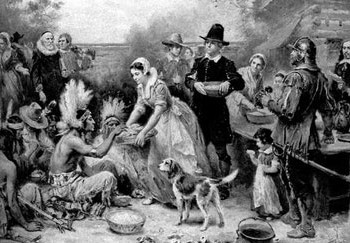There are a lot of stories out there about an out-of-control TSA when it comes to their new screening techniques. One was a man 
John Tyner, 31, said he was told he could face a civil lawsuit and a $10,000 fine for leaving the screening area before the security check was complete.
It is crazy stuff like this that begs the question, just what kind of police power over travelers’ behavior does this group of government agents have? And, why is it not published or put out there so travelers can make their own informed decisions as to whether or not they want to object, fly, or drive?
There were reports where a woman wore a bikini and said ‘you’re welcome to see what I have under there if you want.’ And a guy wore a speedo. This is hilarious, and a non-violent way to protest the politically corrrect security theater directed by Big Sis and produced by the TSA.
I want to see a video of a woman getting patted down and imitating the orgasm scene in ‘When Harry Met Sally.’ Or a guy putting one of those 18 inch dildos down his pants and see what reaction he gets. Figuring that it would be a news item, writing Janet Napolitano’s name on it, or maybe Big Sis, would be a good idea too.
I mean, surrendering yourself to a pat down and having a little fun isn’t against the law is it?
Links:
 individuals, it should work in a small community of relatively close-knit comrades, who would thrive under a system of shared burden and harvest.
individuals, it should work in a small community of relatively close-knit comrades, who would thrive under a system of shared burden and harvest.